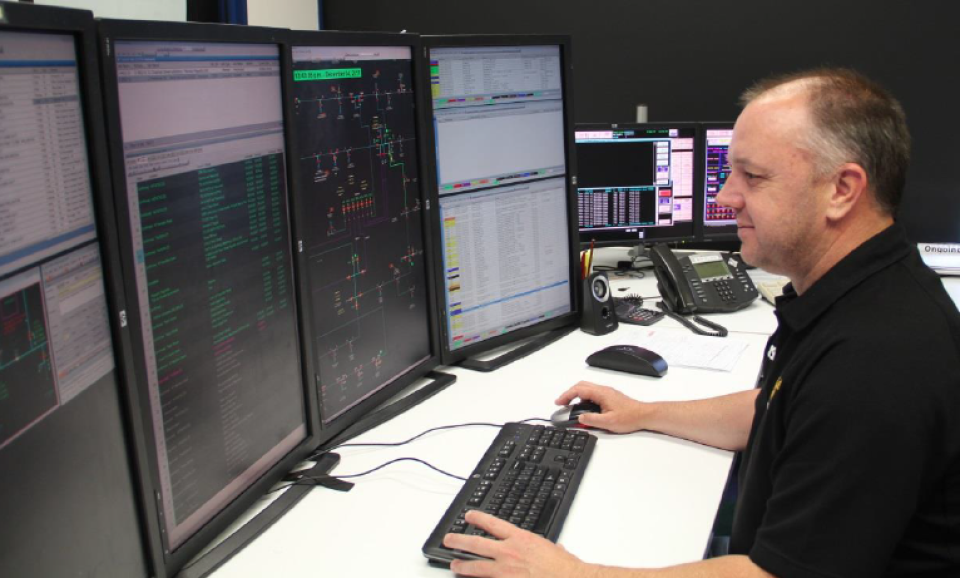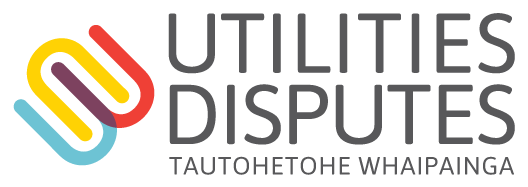During times of peak demand, our control room might 'shed load' if we need to or if Transpower, New Zealand's power system operator, asks us to.
This helps prevent our network (and in some cases, the National Grid) from becoming overloaded. In short, it keeps the power on.
Load control involves us sending out an electronic 'ripple' signal that switches off the electricity supply to some domestic hot water cylinders. This means water won't be heated while we're controlling load, but any water already heated can still be used and will usually stay warm for several hours.
In return, consumers benefit from 'controlled' rates that offer a discount (as opposed to 'uncontrolled' rates that don't, but which don't allow us to carry out load control). You can contact your electricity retailer for more information about this.
Your hot water cylinder may also be controlled by your electricity retailer if you have given them permission to do so. Our standard rules for the control of hot water by electricity retailers are provided here.
We also transmit ripple signals for other things, like controlling the power supply to streetlights. To find out more about Ripple Control of Hot Water in New Zealand, see EECA's 2020 report.



To help improve our service, what feedback can you give us about this page?